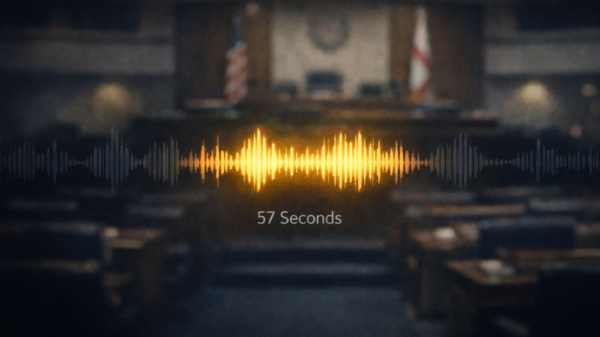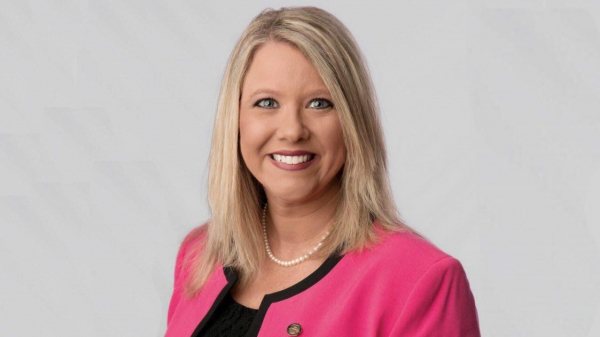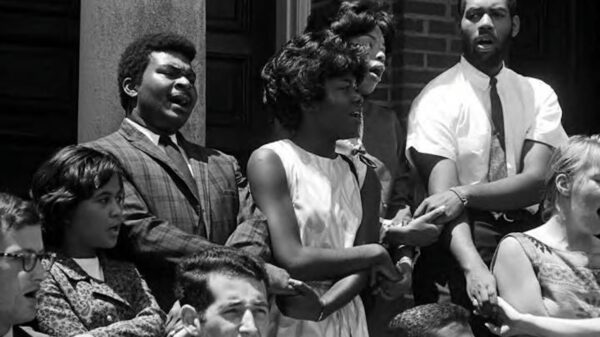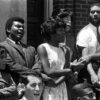Lee County, home to Auburn University, is one of Alabama’s hardest-hit counties. Lab-confirmed cases of the coronavirus continue to rise there, and the county’s largest hospital is seeing a spike in hospitalizations.
East Alabama Medical Center in Opelika has 20 patients hospitalized with a confirmed diagnosis of COVID-19. There are 21 more hospitalized patients, whom doctors suspect have the virus. Three COVID-19 patients have been discharged.
The number of hospitalized patients has more than doubled from seven on Tuesday. It anticipates more.
The county had at least 56 confirmed cases of COVID-19 by Saturday afternoon, more per capita than Jefferson County, Shelby County and Madison County. The number has continued to grow.
To the north, Chambers County, which falls under EAMC’s service area, has the most cases per capita in the state, meaning there are more confirmed cases per person than any other county. That county’s total stands at 17.
Since the onset of the outbreak in Alabama, Auburn and Lee County have struggled to contain the spread. Bars and restaurants stayed open longer than in Jefferson County, because the city’s mayor and the county said they did not have the authority to order them to close.
Auburn University canceled in-person classes beginning March 12, but several of the city’s most popular bars remained open until March 18. University officials have also had to urge students not to gather on the campus’s green spaces.
The city is also home to a growing retirement community and thousands of college-aged students who, according to data from outbreaks around the globe, are more likely to be asymptomatic carriers of the virus. Young people tend to survive infection but can spread the virus more easily.
But many of the patients who have tested positive, according to EAMC, had a common “last public setting” — church services.
“While there are no absolute patterns among the confirmed cases in Lee County, one nugget of information does stand out a little—the last public setting for a sizable number of them was at church,” East Alabama Medical Center said in a statement Friday night. “Not at one church, or churches in one town, but at church in general.”
The hospital has urged churches to move online and cancel in-person services. Some churches have continued to meet, as recently as last Sunday, despite “social distancing” directives from the Alabama Department of Public Health that prohibited non-work gatherings of 25 or more people.
The ADPH this week revised that directive to limit gatherings of 10 or more people.
“We know that being at church is very sacred to many people, but it’s also a place where people are in very close contact and often greet each other with hugs and handshakes as a ritual,” the hospital said. “With that in mind, we again are asking that church members please not gather until our region has been deemed safe for group activities.”
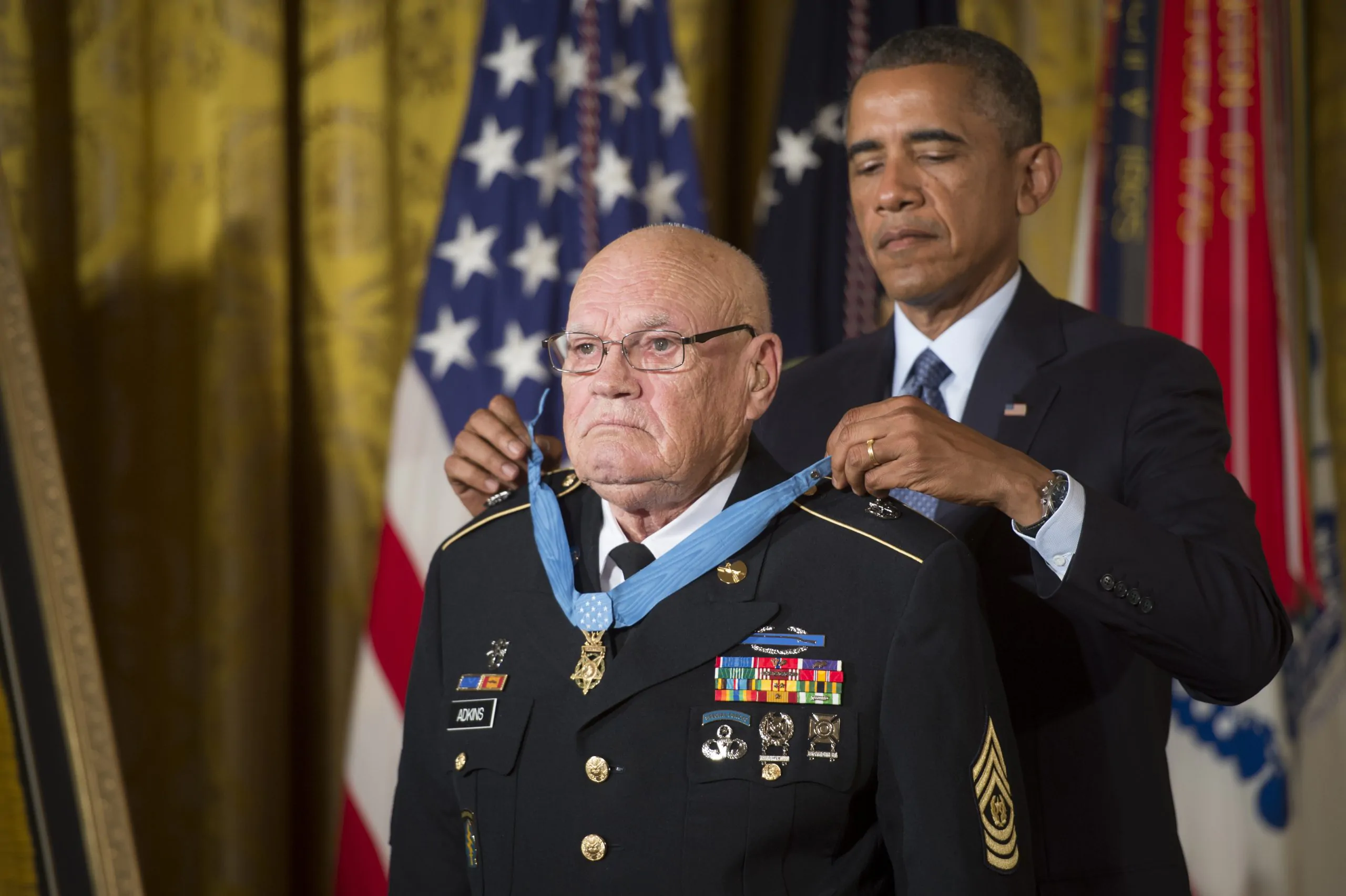
President Barack Obama bestows the Medal of Honor to retired Command Sgt. Maj. Bennie G. Adkins in the East Room of the White House, Sept. 15, 2014. (U.S. Army photo by Staff Sgt. Bernardo Fuller)
Meanwhile, one of Lee County and Alabama’s most beloved war heroes, Army Command Sgt. Maj. Bennie Adkins, is hospitalized in critical condition after being diagnosed with the virus. His family says he remains in critical condition as of Saturday afternoon.
He received the Medal of Honor in 2014 for his service during the Vietnam War. Adkins is one of the patients being treated at East Alabama Medical Center.
EAMC is urging the public to act as if they are under a “shelter-in-place” at home order, as the state has so far refused to issue such a directive.
“EAMC is asking everyone to shelter in place at home,” the hospital said in a statement Friday night. “Sheltering in place means you stay at home with immediate family members only and should not leave your home except for essential activities such as food, medical care, or work. You should not host gatherings of people outside of your immediate family. You should also maintain a 6-foot distance from other people as much as possible, wash your hands frequently for at least 20 seconds each time, and frequently disinfect high-touch surfaces.”
It’s also asking businesses that have access to personal protective equipment like gowns, masks, latex gloves and hand sanitizer to bring those items to a collection site outside of EAMC’s main lobby. The site is open from 9 a.m. to 4 p.m. on weekdays.











